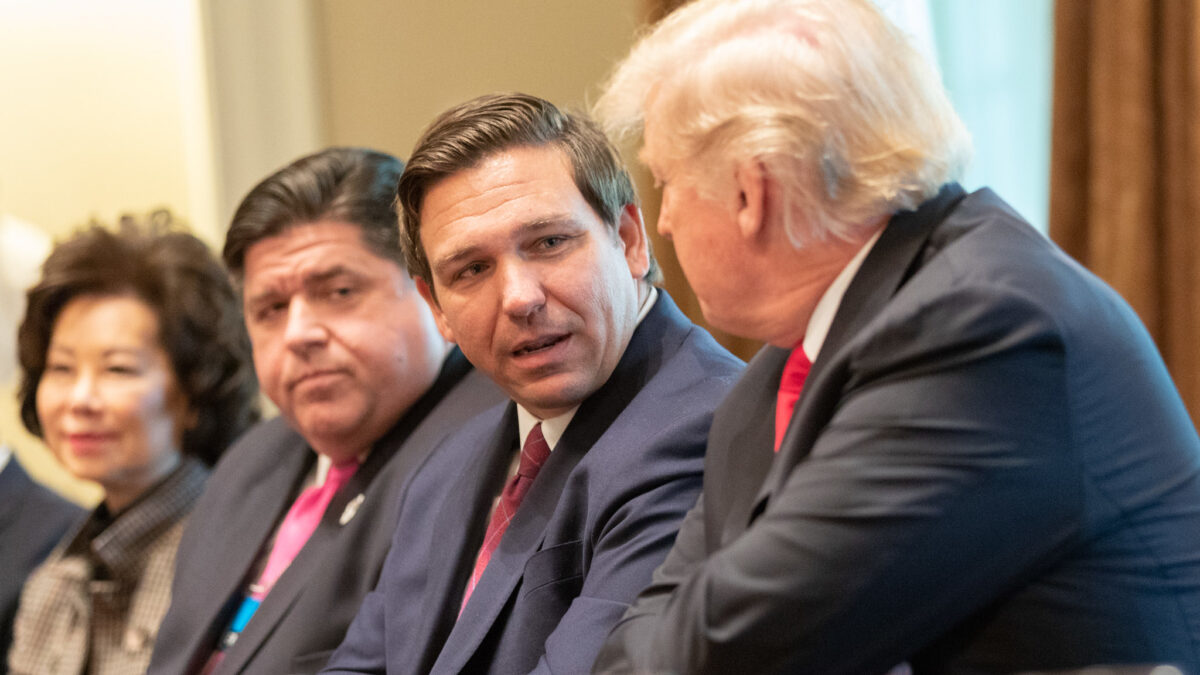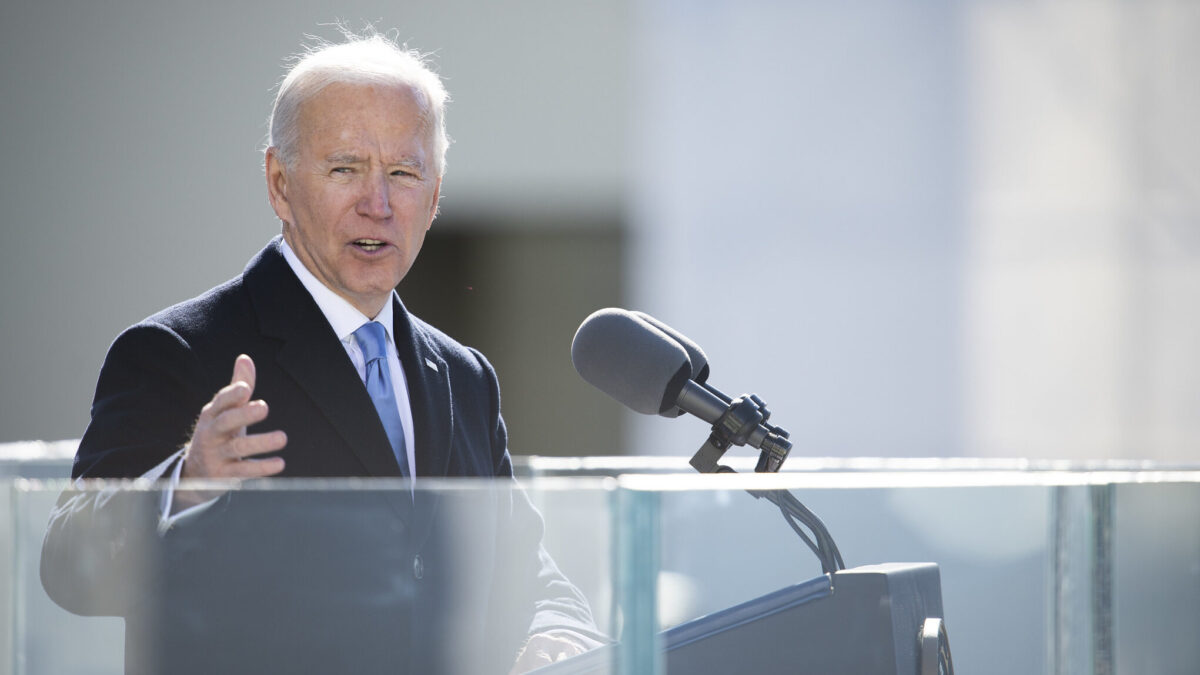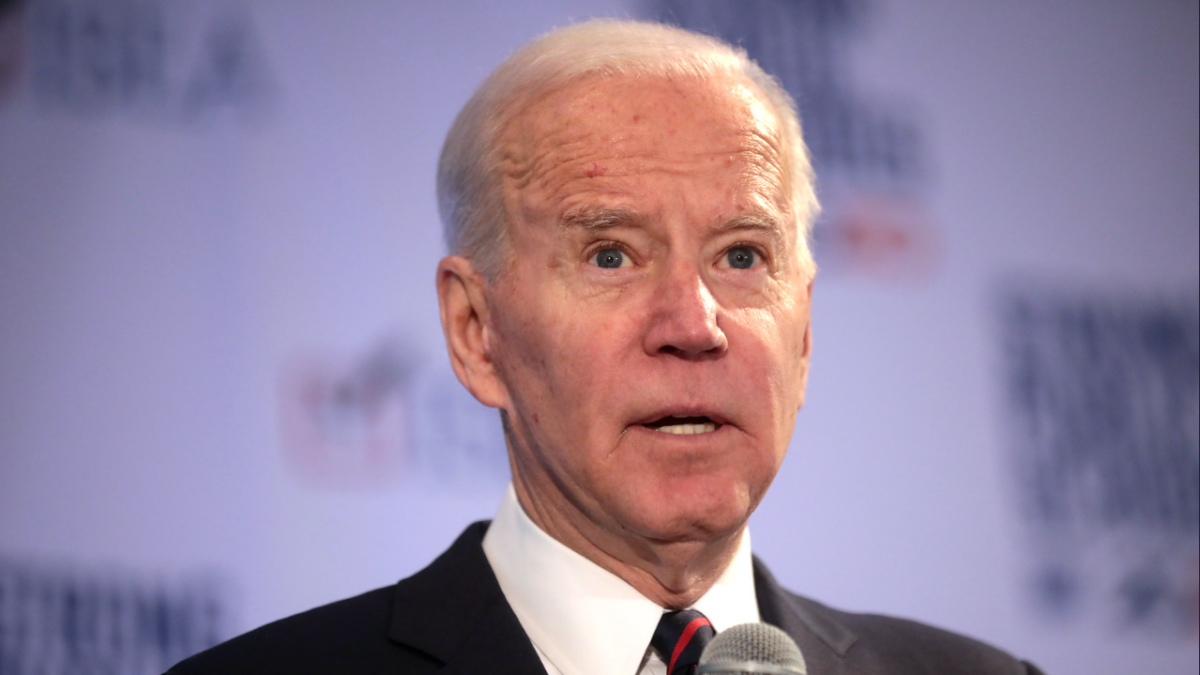The Trump campaign is putting out some great videos about his plans to “save American education” and “protect children from left-wing gender insanity.” And while it may be frustrating for Trump to be forced to issue promises instead of being able to act on his political agenda, the videos are full of excellent proposals; it’s too bad Trump never had an opportunity to implement them.
This obvious rejoinder illustrates the strength and weakness of Trump’s attempt to win the GOP presidential nomination for a third straight time. The strength is seen in Trump’s willingness to speak plainly about controversial issues when most Republican politicians would equivocate. He is happy to appeal to the party’s conservative base. But his bold promises raise the question: Why didn’t he do this during his four years as president?
The more Trump promises to achieve through executive action in a second term, the more he diminishes his first term. Furthermore, Trump’s tacit admission that he left a lot undone in his first four years may sow doubts about whether he will follow through if given another term. Of course, the former president and his backers can offer excuses for why he didn’t accomplish these things the first time around, but voters may not be persuaded, given that he sold himself as someone who would cut through red tape.
Furthermore, these videos suggest Trump is chasing his expected primary (in both senses) rival, Florida Gov. Ron DeSantis. While Trump promises action if he returns to office, DeSantis has been racking up wins on these issues. DeSantis won the fight to keep sexual material and gender ideology out of young children’s classrooms, and he defeated the College Board’s recent attempt to push critical race theory in AP courses. He masterminded the conservative takeover and reform of the state’s New College and is pushing through a plan for abolishing wrongly named “diversity, equity, and inclusion” bureaucracy throughout Florida higher education. And, of course, Florida has restricted genital mutilation surgeries for children.
It may be frustrating for the Trump campaign to have to make promises while DeSantis makes policies, but the dynamic is great for conservatives. With the two frontrunners for the presidential nomination not only on the same side of these issues but also prioritizing and touting them, there will be a lot of pressure on the rest of the GOP to fall in line.
Other presidential hopefuls, such as Nikki Haley, will have to follow the lead of Trump and DeSantis or embrace the moderate establishment label, which is a losing move. Meanwhile, GOP officeholders and candidates across the country will be pushed to take a stand on these matters.
It should, of course, not take any pushing to get GOP politicians to fight on these issues. Not only are the positions staked out by Trump and DeSantis correct, but they are also popular. Most voters, including many Democrats, do not want the racial obsessions of critical race theory taught in public schools, nor do they want sexually explicit material in school libraries. They are disturbed at the prospect of allowing children to access body-mutilating surgeries and horrified at schools encouraging it while cutting parents out of their children’s lives.
These are winning issues with most Americans. But there is an enormous gap between the views of most normal Americans and the views of the ruling class in media, academia, Big Business, and so on. The American ruling class and its hangers-on have embraced cultural radicalism, and for a lot of GOP politicians — to say nothing of their donors, staff, and consultants — class sensibilities matter more than loyalty to their voters. This is why social and cultural conservatism tends to get stuck with the participation trophy when it is time for the GOP to actually govern.
Both Trump and DeSantis have seized the opportunities this class divide offers to rise above other Republicans. Part of Trump’s initial attraction for many voters was his enthusiastic violation of ruling-class sensibilities, which allowed him to plausibly claim the role of class traitor despite his prior liberal positions. DeSantis is less personally offensive, but he has proven that his Ivy League resume will not keep him from smashing the idols of his class.
All of this is why DeSantis appears to be the one Republican who could beat Trump. The Florida governor has earned the trust as well as the attention of Republicans who still like Trump in general but who think it might be time for someone younger, more policy-focused, more electable, and so on. In contrast, Haley — who seems to be running as either George W. Bush’s third term or Mitt Romney’s first — and other potential candidates have done little to reassure voters sick of being sold out by GOP leaders.
It is plausible to imagine Trump or DeSantis faltering during a primary fight; it is hard to see how someone such as Gov. Asa Hutchinson, R-Walmart, would swoop in to win the nomination over the other. Dethroning Trump can only be accomplished by winning over his voters. DeSantis gets that. Trump and his campaign team get that. The Republican establishment seems not to, which is why the former president and the Florida governor are leaning into the culture wars that the left has begun while much of the GOP establishment tries to slink away.









